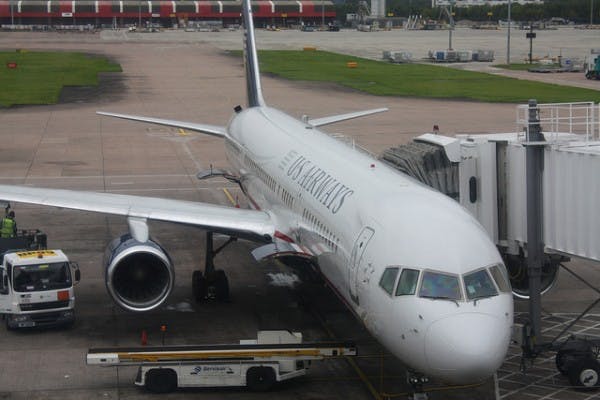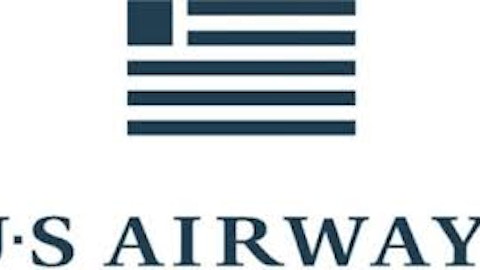The Federal Aviation Administration has been forced to cut its 2013 budget as part of the sequester mechanism implemented to reduce the federal deficit. In order to cut costs, the FAA is furloughing all of its workers for one day every other week through September. The cuts will have a large impact on the capacity of some major hub airports, depending on the time of day and weather conditions. As a result, the FAA has warned airlines and travelers that they could face excessive delays in some cases.
While some members of Congress have complained that the FAA could have saved money elsewhere in its budget, and a number of airlines sued in federal court to block the cuts, these efforts have so far been unsuccessful. The FAA furloughs went into effect this week. Effects were already being felt in Los Angeles and New York by Sunday night and Monday morning. If these cuts remain in place during the busy summer travel season, fliers could face massive delays and some travelers might avoid flying altogether. This could have a significant negative effect on airlines.

Early effects
The first major signs of trouble became visible on Sunday in Los Angeles. With three fewer controllers per day in the tower at Los Angeles International Airport, the airport experienced delays of up to three hours on Sunday night, with some airlines canceling flights to avoid the backups. On Monday morning, the focus shifted to New York, where all three major area airports faced significant delays.
There were also reports on Monday that the Washington, D.C., airspace was overloaded due to the cutback in controllers. Some southbound flights from Newark Airport had to turn back because Washington air traffic control could not accommodate them. Associated Press pointed out that an 8 a.m. US Airways Group Inc (NYSE:LCC) Shuttle flight from Washington to New York left the gate on time but had to wait almost two hours to take off, causing it to arrive in New York later than the 8 a.m. Amtrak Acela train.
Risks for the airlines
Airlines face two distinct risks if FAA furloughs remain in place during the summer travel season. First, customers could choose to avoid flying altogether, if they become worried about the likelihood of delays. People could choose to drive or take the train to avoid short flights like the airline shuttles between New York, Boston, and Washington. Vacationers may choose nearby destinations so they can drive rather than dealing with the hassle of flying. This could have a significant impact on airline revenues this summer.
The other danger for airlines is that passengers who do travel will become disgusted by the delays. Airlines already have a hard time keeping customers happy, and cascading delays will only make it harder to deliver acceptable customer service. A further ratcheting up of customer discontent could continue hurt the most-affected airlines for months or even years after the end of FAA furloughs.
United Continental Holdings Inc (NYSE:UAL) and American Airlines could be affected the most. The two carriers were already at the bottom of last year’s Airline Quality Rating survey. Furthermore, both airlines have a strategy of building hubs in the top business markets. These cities – such as New York, Chicago, and Los Angeles – tend to have the most crowded airspace. As a result, these carriers are likely to have multiple hubs hit with significant delays on peak travel days, which could snarl operations across their systems. JetBlue Airways Corporation (NASDAQ:JBLU) could also see a disproportionate effect because its main base of operations is at New York’s busy JFK Airport.
Foolish conclusion
Investors should not panic yet; it is possible that a few days of delays will force Congress and the FAA to compromise in order to avoid a national air traffic mess. However, political gridlock in the U.S. could lead to a continuation of the status quo, which could anger travelers and hurt profits at a number of major carriers. With most airlines reporting earnings this week, it will be useful for investors to hear what industry executives have to say about the problem and the ways to minimize the effect on customers.
The article Could Budget Cuts Keep Your Flight Grounded This Summer? originally appeared on Fool.com.
Adam Levine-Weinberg is short shares of United Continental Holdings (NYSE:UAL) and is long Sep 2013 $33 Puts on United Continental Holdings. The Motley Fool has no position in any of the stocks mentioned.
Copyright © 1995 – 2013 The Motley Fool, LLC. All rights reserved. The Motley Fool has a disclosure policy.



